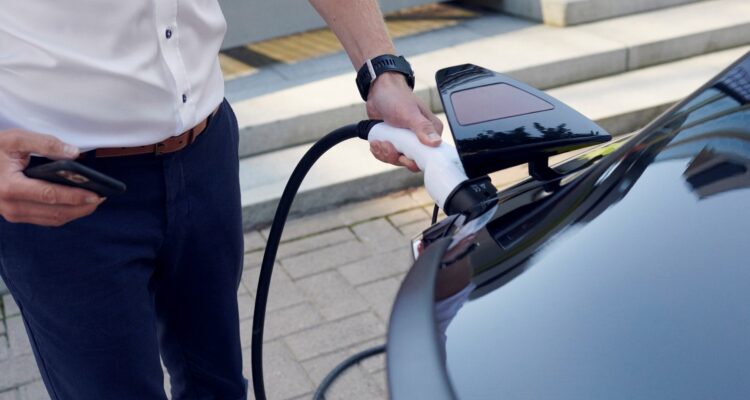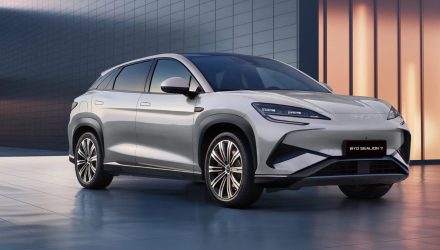The Government’s review of plans to phase out the sale of new petrol and diesel vehicles by 2030 must include support for fleet operators, an industry expert has said.
Latest figures from the Society of Motor Manufacturers and Traders (SMMT) showed electric vehicles continued to become more popular in new car registrations in 2024, with a 21% year-on-year rise in new vehicle registrations.
But overall growth in new vehicle registrations was largely driven by fleets, with a year-on-year rise of almost 12%.
EV charging pioneer Virta believes that fleets hold the key to driving faster adoption of electric vehicles which, in turn, will lead to improvements in charging infrastructure.
Virta, which is a member of the Association of Fleet Professionals, has called for the Government’s pledge to bring back the 2030 ban on the sale of new petrol and diesel cars to be backed up with substantial investment to fully support the transition to EVs, particularly in the Light Commercial Vehicle (LCV) sector.
Whilst BEV cars had a healthy 2024 market share of 20%, the BEV LCV market share lagged behind at 5.8% in 2024, a decrease on 2023’s 5.9% market share.
Ross Basnett, Virta’s fleet expert, said: “The latest figures from the SMMT are more evidence that, to make the transition to EVs work, fleets and fleet managers need to be at the forefront of Government thinking. The figures are proving that incentives that work for businesses and drivers, such as the progressive company car tax regime, have a material impact on the UK fleet.
“Registration of BEV cars rose by over 21% in 2024 while diesel and petrol registrations headed in the other direction. Growth came entirely from fleets, and targeting LCV incentives at this group could help drive faster adoption of more EVs. That, in turn, will lead to improvements in charging infrastructure which benefit everybody.
“The Government’s current review of the Zero Emission Vehicle Mandate must look at how best to support fleets, both car and LCV, and charge point operators, who are key to driving the transition away from fossil fuels.
“Businesses can benefit from EV adoption. Although upfront costs are usually higher, the total cost of ownership is significantly lower. The benefits of EVs include reduced fuel costs and reduced maintenance costs, as EVs have fewer moving parts which means they typically spend less time needing running repairs.”
Virta believes that some of the key incentives aimed at fleets should be:
- Widening the criteria of the Plug-in Van Grant, launched in 2012 to help bridge the price gap between the cost of eLCVs and diesel vans, ensuring all current zero-emission models are eligible
- Fairer pricing for electricity used to power commercial EVs, including reducing VAT to 5%, introducing price caps and the introduction of carbon credits, which already exist across Europe.
- Extending EV infrastructure grants to support larger scale installations at depots supporting commercial fleets






